Has it happened? Have you hit the big time?
Are you finding your website struggles to keep up with all that new visitor traffic?
It might be time to upgrade to VPS hosting.
VPS, short for virtual private server, gives your site dedicated resources to perform better than shared hosting.
In this guide, we’ll dive into the ins and outs of VPS hosting. What is it? How does it compare to shared or dedicated hosting? We’ll also look at the factors indicating it may be time to upgrade. To sum up, learn how to choose the best VPS hosting plan for your growing business.

When You Expect Performance Get DreamHost VPS
Big or small, website or application – we have a VPS configuration for you.
View PlansWhat Is A Virtual Private Server?
So, what exactly is a virtual private server? Let’s break it down.
- Server: A server is a powerful computer that stores all the data and files for a website. When you type a domain name into your browser, that server delivers the site to your screen.
- Virtual: Virtualization technology splits one full server into multiple virtual machines. It’s still one physical piece of hardware, but it operates like several separate servers.
- Private: The word private is just what it sounds like. Your virtual server and all its virtual resources are reserved just for you, giving you a high-performance hosting environment where the RAM, CPU power, or any data will not be shared with other users.
A VPS offers the advantages of dedicated servers without the high costs associated with dedicated hosting.
How Does A VPS Work?
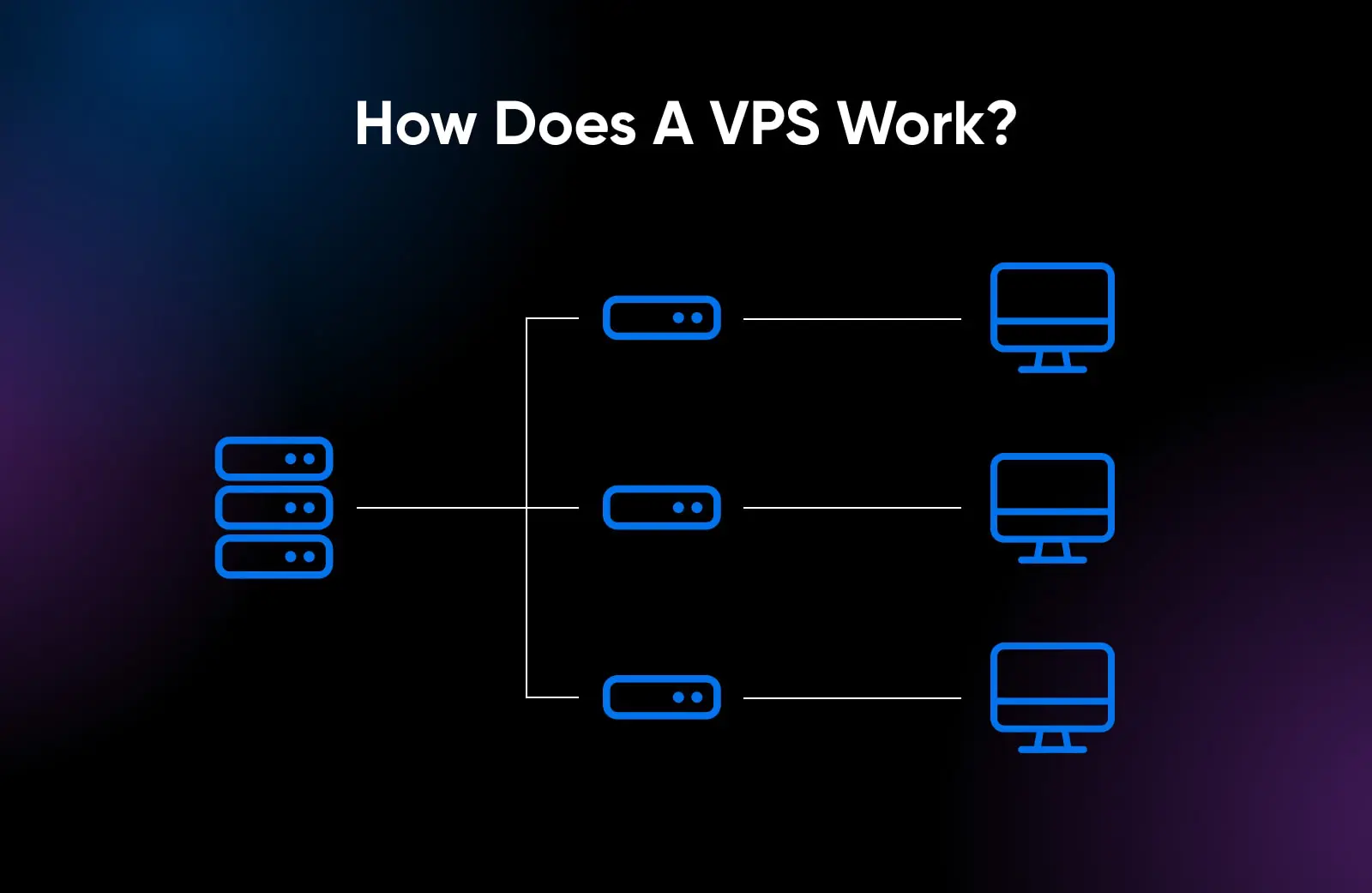
VPS hosting uses virtualization technology to simulate having your own dedicated server, even though the physical server is shared.
How does it work?
Well, your hosting provider installs a virtual layer on top of the server’s operating system. This virtual layer separates the server into individual compartments for each user, creating individual virtual machines or VMs.
Within each compartment, you can install your preferred operating system, software, and other required tools to host your website. For example, Linux, MySQL, and a control panel like cPanel.
cPanel
cPanel is a web-based hosting control panel that provides users with a graphical interface to manage their websites. With cPanel, users can create email accounts, upload files, and change website settings. cPanel is the most popular hosting control panel globally and is used by millions of websites.
Read MoreThese virtual machines ensure that you get guaranteed resources. And unlike shared hosting, your server’s performance does not depend on how much of the resources other websites on the same server use.
In a nutshell, VPS gives you the experience of having your own dedicated environment through virtualization. Your site lives in a private, isolated container with allocated resources just for you.
This means your website lives within a secure container with guaranteed server resources: memory, disk space, CPU cores, etc.
You don’t have to share any of it with others.
Pros And Cons Of VPS Hosting
A virtual private server provides dedicated resources and greater control over server configuration compared to shared hosting, at a lower cost than dedicated hosting. VPS strikes an optimal balance of affordability, customization, and guaranteed performance for many growing websites and web applications.
Pros of using a VPS server:
- Cost-effectiveness: VPS costs less than dedicated hosting but delivers better performance than shared hosting. VPS is a budget-friendly option for sites outgrowing shared servers.
- Customization and control: VPS users can fully optimize and customize server settings, and install software. This level of control is ideal for sites with specific configuration needs.
- Scalability: It’s easy to scale VPS resources like CPU cores, RAM, and storage as site traffic increases. Sites can upgrade their VPS plan as needed to accommodate growth.
- Dedicated resources: VPS provides guaranteed CPU, RAM, bandwidth, and disk space. Resources are not shared, ensuring full control and reliable performance.
Bandwidth
Bandwidthu0022 text=u0022Bandwidth refers to the maximum amount of data that can be transferred via an internet connection within a specific path and during a specific time. Bandwidth is usually expressed in Megabits per second (Mbps or Mb/s).
Read More- Enhanced security: VPS isolates sites from one another for added security compared to shared hosting’s open environment.
- Support and maintenance: Many VPS plans include technical support and management options to maintain the server.
Cons of using a VPS server:
- Technical expertise required: Managing and optimizing a VPS requires strong technical skills. Those without server admin experience may struggle.
- Resource allocation problems: Improper resource allocation by the hosting provider can impact VPS performance.
- Limited hardware control: Users don’t control the physical server since VPS virtualizes hardware.
How VPS Compares With Shared Hosting & Dedicated Hosting
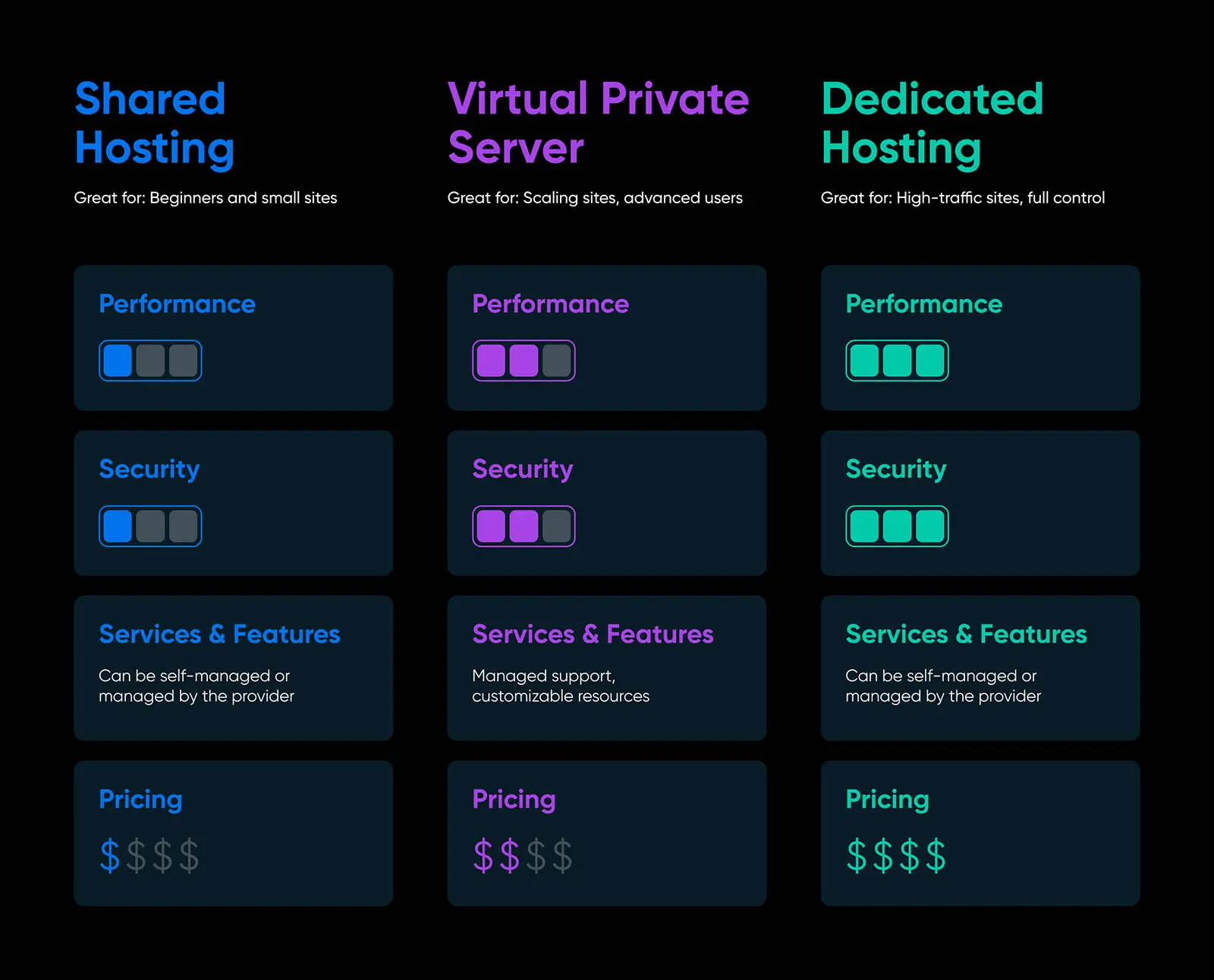
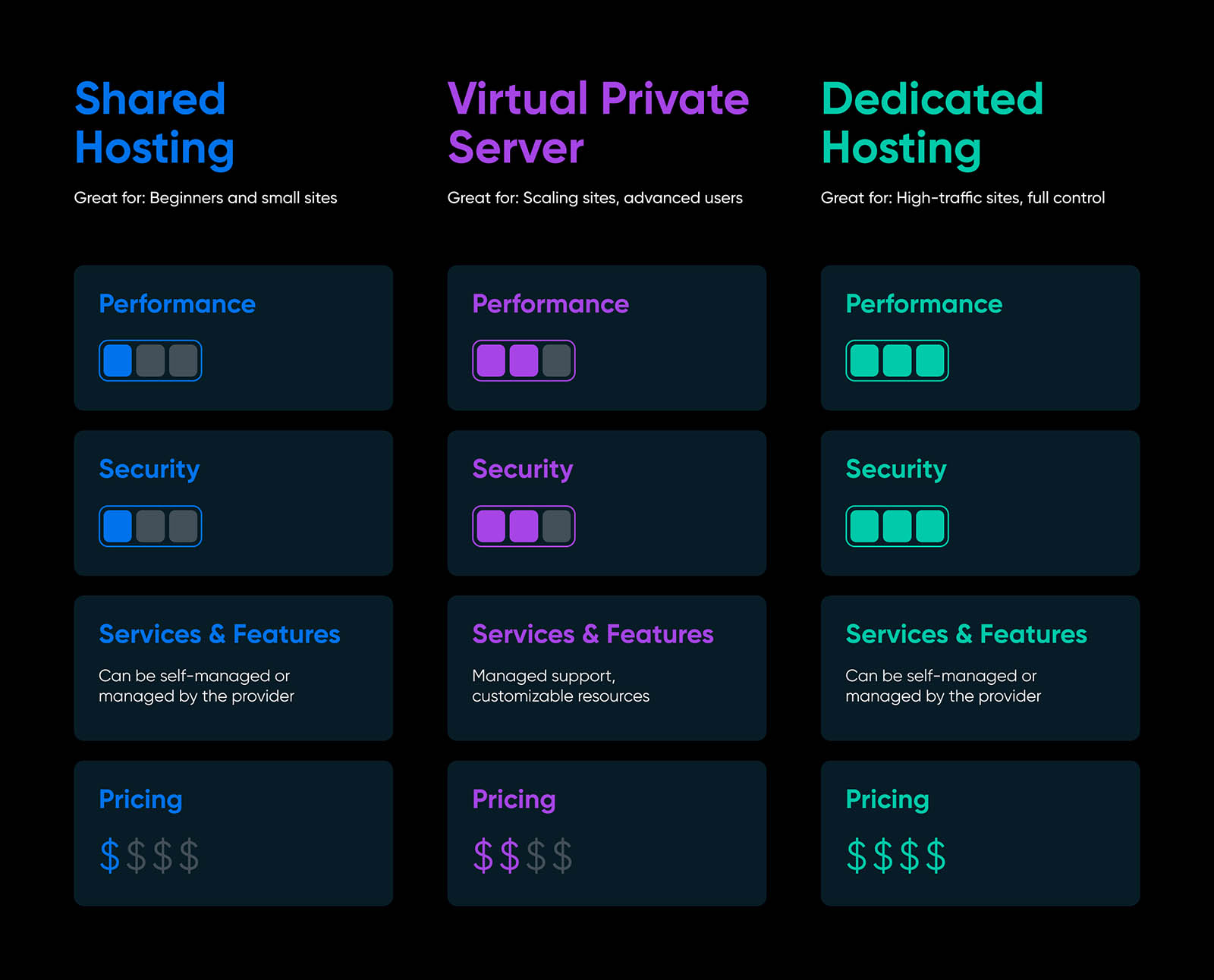
When selecting a web hosting plan, there are three main options: shared hosting, dedicated hosting, and VPS hosting. Let’s examine the key differences between shared, dedicated, and VPS hosting.
Shared Hosting
Shared hosting is the most common and the most cost-effective form of web hosting and works well for most new website owners. When you purchase a shared hosting plan, you’re sharing resources like CPU, RAM, and hard drive space with other website owners on that same server.
Consider shared hosting as multiple websites renting a single apartment in the same building. Each of you gets your own private bed, but you share the apartment with common spaces like the lobby, elevators, and utilities. In the case of websites, it’s CPU, RAM, and storage.
This offers multiple benefits, including lower costs, as the server costs are split among all the website owners. If one of the websites on your shared server has a huge spike in traffic, that could affect your website’s performance as well.
But when you’re just getting started, you are unlikely to notice the impact—and if you need help starting out, you may want to read this web hosting guide.
Dedicated Hosting
Dedicated hosting allocates an entire server to just your site. You have full control over resources and can customize them to meet your needs.
With dedicated hosting, you are no longer pooling resources (and sharing the costs) with other website owners.
Sounds great, right? The catch is that it’s much more expensive — but you get 100% control over your resources and can customize the software to meet your individual needs.
This type of hosting package is best for websites with robust technical demands. Some examples where dedicated hosting could be beneficial:
- Websites with high-traffic volume
- Sites handling large financial transactions
- Custom software requirements
- Need for specific operating system
Dedicated hosting is the optimal solution for sites that demand unparalleled performance and specificity.
VPS Hosting
VPS hosting provides a middle ground between shared and dedicated. When you choose VPS, other websites will be hosted on the same hardware as yours (remember that powerful server we talked about earlier?)
But now, your website is running on a virtual machine with its own dedicated resources. That means you get your own operating system, dedicated storage, powerful CPU, scalable RAM, and unlimited bandwidth.
Thinking of it from the apartment complex analogy, consider all apartment owners now have access to their private lobbies, elevators, and utilities. One person using the resource no longer impacts the rest.
This provides you with the double benefits of dedicated hosting, where you have complete control over the resources and lower costs because of the shared physical servers.
When Should You Switch To VPS?
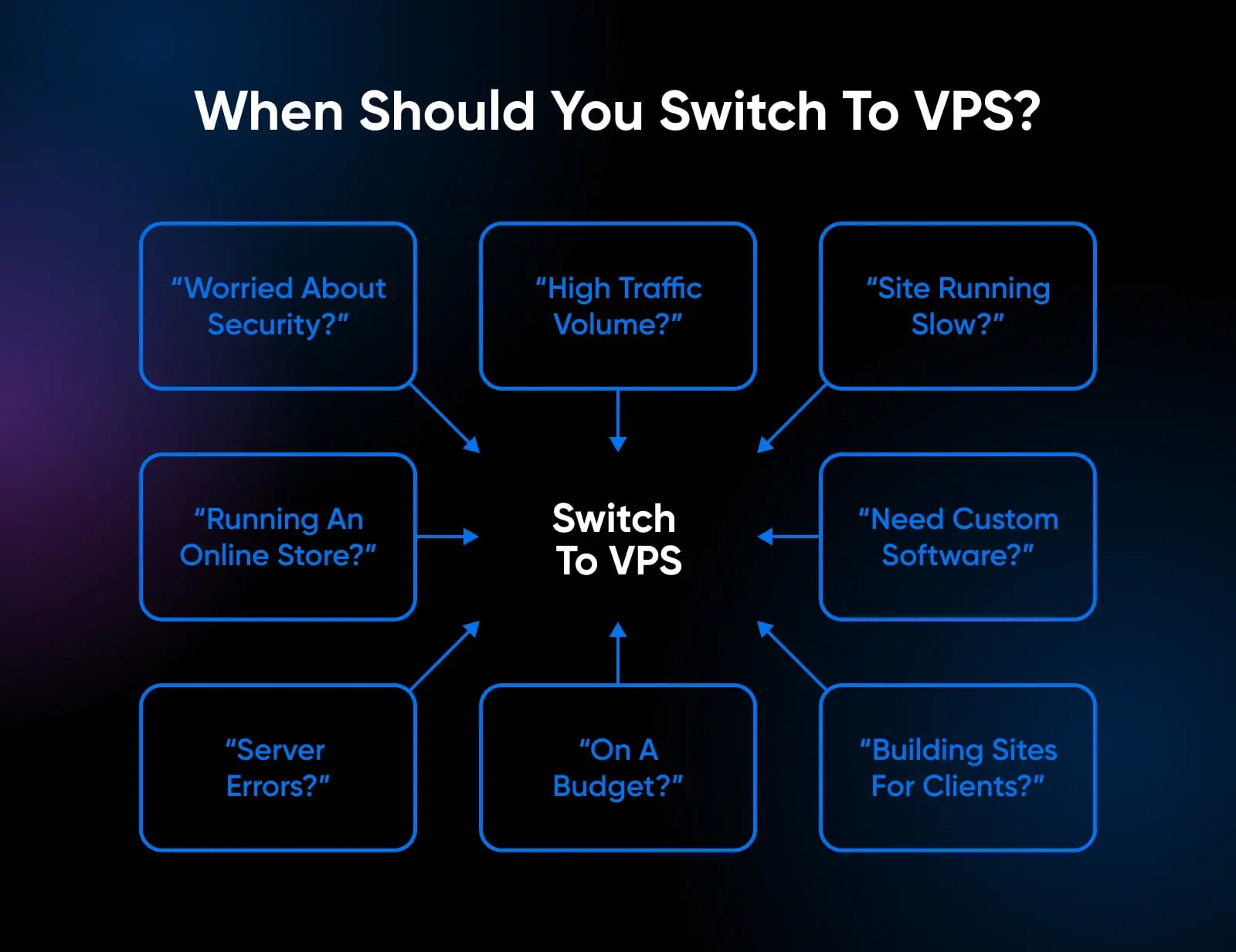
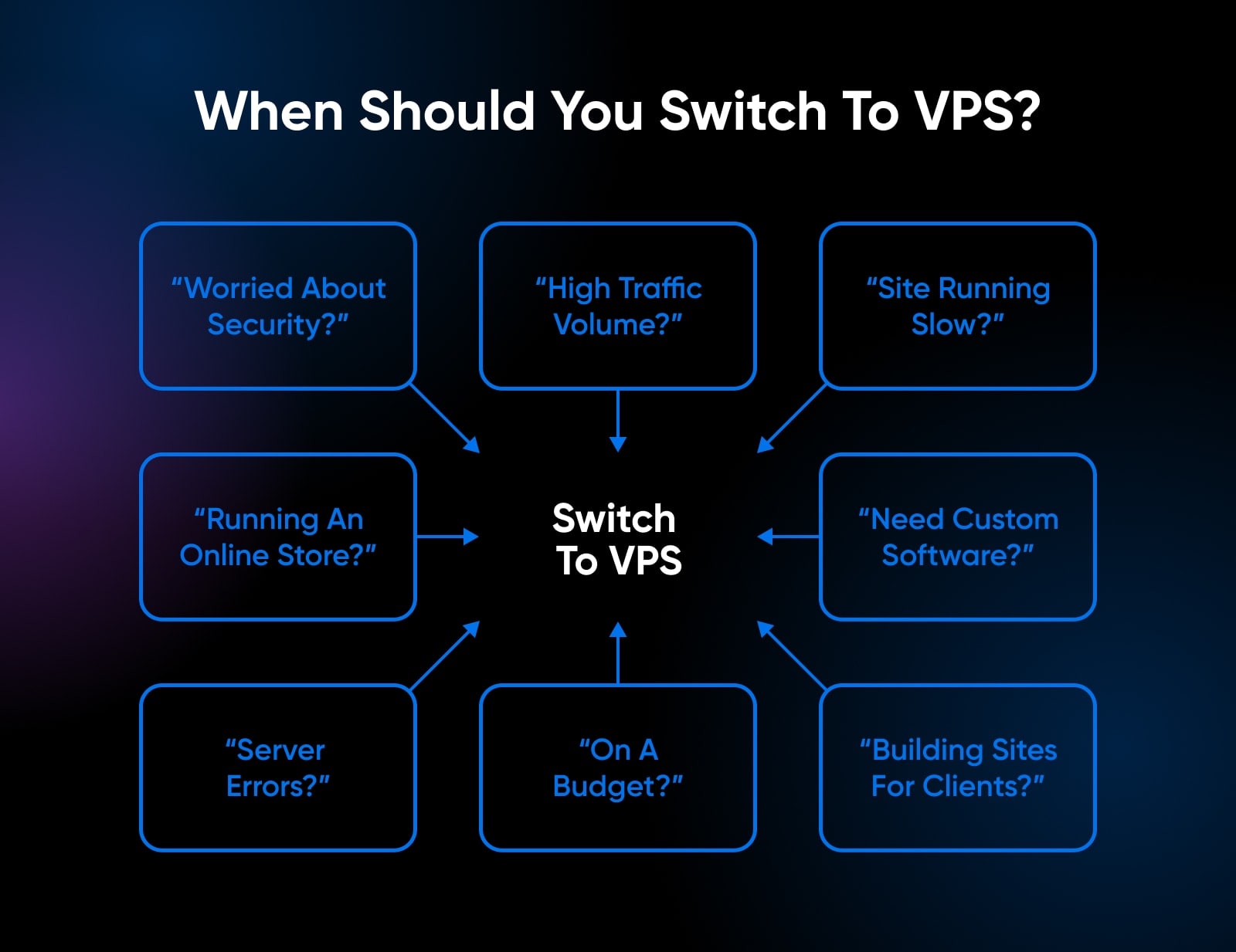
If your website is growing, you may wonder: should you upgrade to VPS? Here are eight key signs that can indicate you’re now ready to make the switch.
1. You’re Worried About Security
Shared hosting offers basic security, but VPS delivers if you need more advanced features like firewalls, SSL certificates, or daily backups. This is particularly true for sites that process payments or store sensitive data. VPS gives you top-notch security features for the complete safety of your website.
SSL/TLS
SSL stands for Secure Sockets Layer. In short, it’s a protocol for maintaining a secure connection and protecting sensitive data. Transport Layer Security (TLS) is the successor to SSL. It is a cryptographic protocol that provides a safe connection over any given computer network.
Read More2. You Start To Experience High Traffic Volume
Shared hosting is great when you’re just starting out and have a low visitor count, but it can struggle and slow down when your site has large spikes in traffic. With VPS, you get dedicated resources (CPU, RAM, bandwidth, etc.) that can smoothly handle those traffic swells.
3. Your Website Is Consistently Running Slowly
On shared servers, you’re fighting for resources with other sites. As you add more content over time, you can max out limits for things like RAM. Suddenly, pages take forever to load.
A VPS gives you plenty of room to continue scaling your business without frustratingly slow load times.
4. You Have An Online Store
The moment you plan on running an online store is the moment you should upgrade your hosting plan.
Why?
Because with VPS, you have a secure and dedicated virtual server where you are more likely to pass a PCI compliance test. The Payment Card Industry Data Security Standard was established by major credit card brands to protect against cardholder data theft.
If you are accepting credit cards on your website via a payment gateway, you want to do everything you can to ensure the safety of your consumers’ financial information.
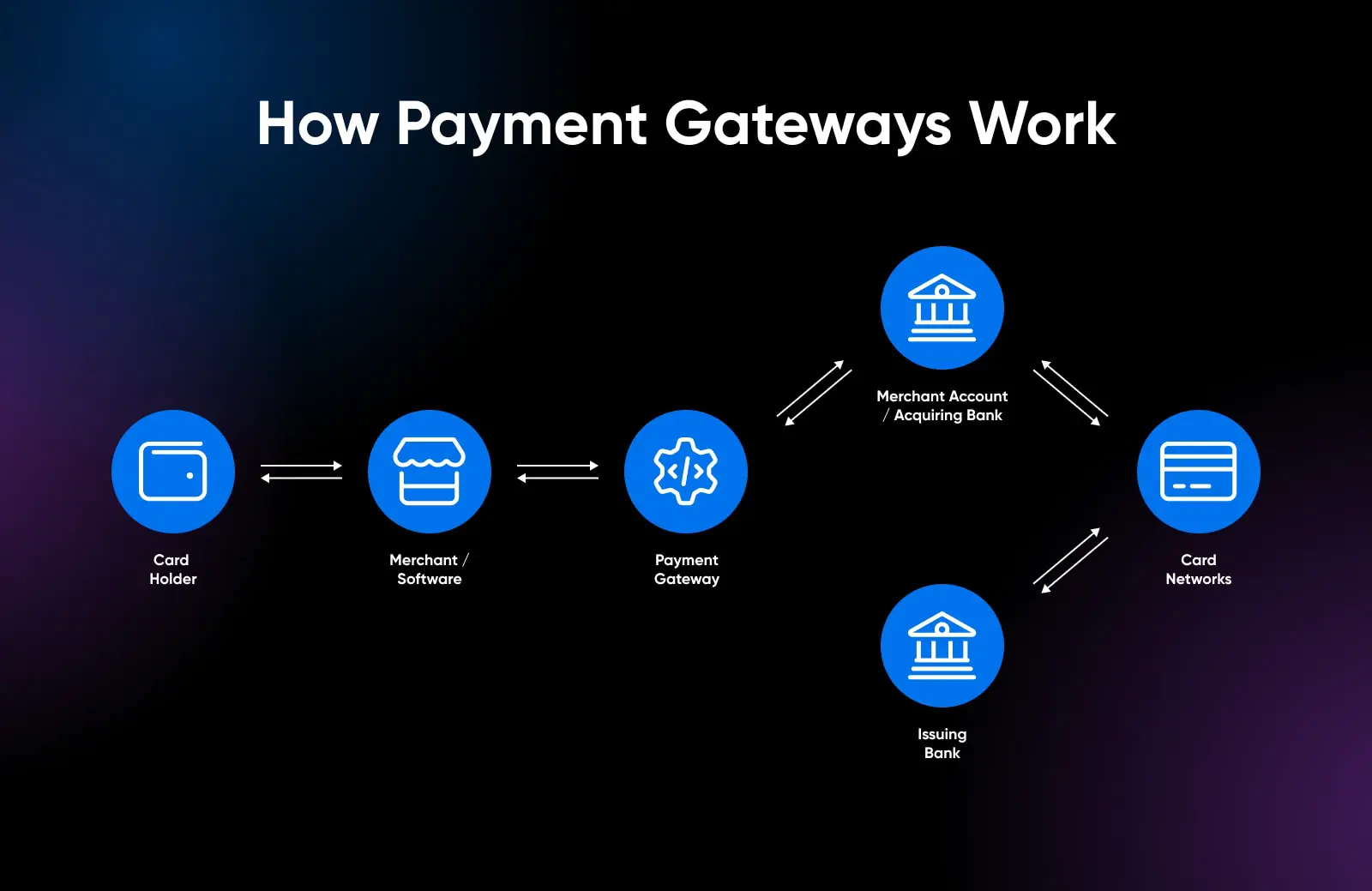
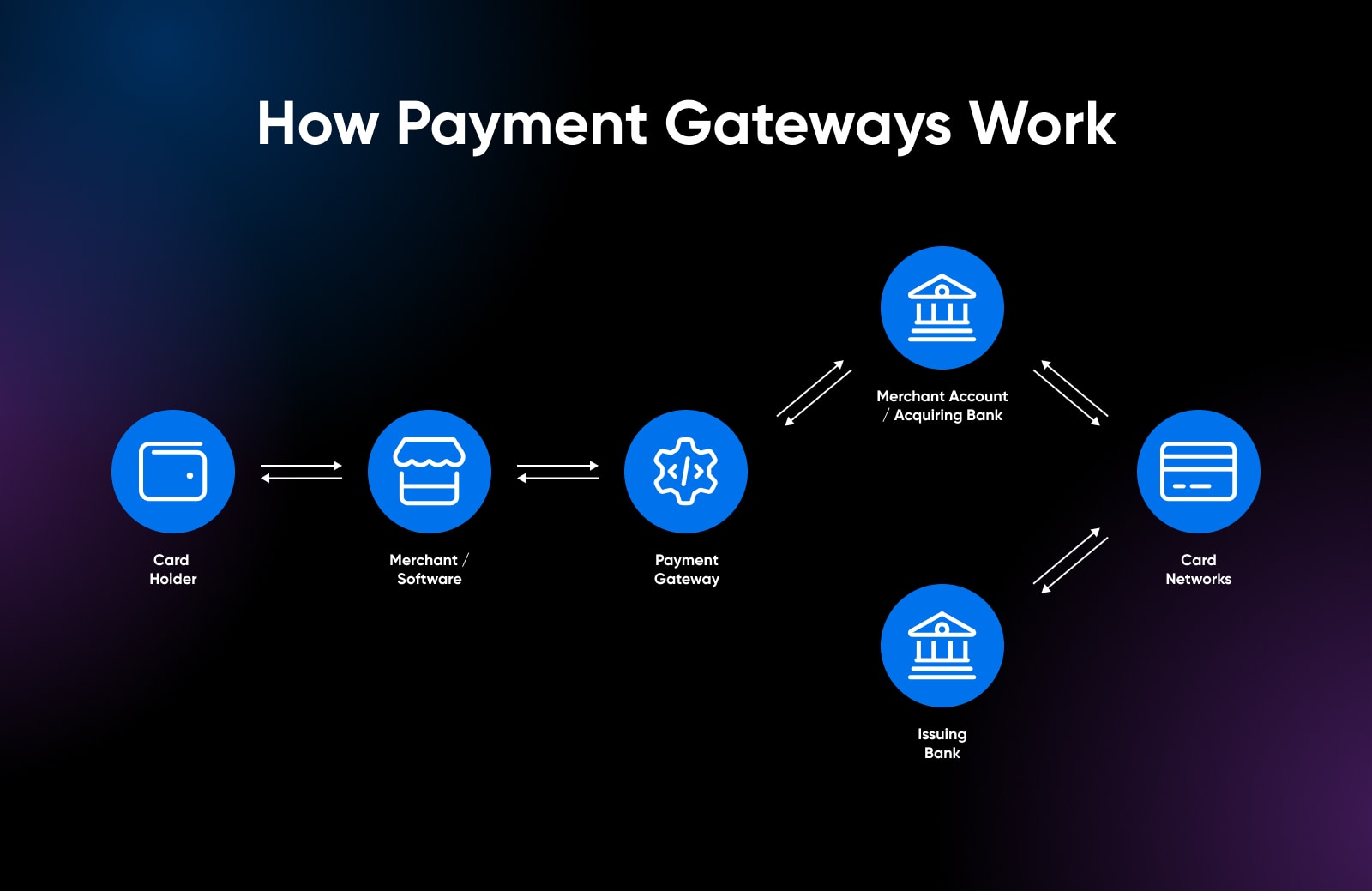
Since VPS is more secure than shared hosting, it’s the better option for e-commerce websites.
5. You Need To Install Custom Software
Shared hosting is great for website owners building their site with WordPress or other Content Management Systems. However, suppose you reach the point where you need to install custom software, engage in any other advanced programming, or use a custom server configuration. In that case, you’ll want a hosting option that affords you more control.
Similarly, several standard tax, billing, bookkeeping, and other integrative programs require around-the-clock server availability as well as high-speed internet. You’ll need a VPS or a dedicated hosting account to run these applications successfully.
If you operate on a shared server, you’ll only be frustrated when you learn advanced actions are forbidden, or that apps don’t have the support to function properly. Instead of dealing with this potential problem, upgrade to VPS hosting and immediately gain more control over your programming actions.
6. You Run Into Server Errors
Do you often see 503 or internal server errors?
It’s highly likely your customers see those, too. These errors generally indicate that your server is experiencing difficulties serving the website.
While you can troubleshoot downtime issues, every minute of downtime costs money for your online business. Instead, upgrading your resources usually offers better time-to-value for your business.
7. You’re On A Budget
While it’s true that a dedicated hosting package can address many of the problems on this list, it’s important to remember that a dedicated plan is a much pricier option. If you need to improve your bandwidth, increase your security, and get more RAM, then the most affordable option is to opt for VPS hosting.
8. You Build Websites For Your Clients
Shared hosting can be great for building personal or portfolio websites. It’s simpler to manage and offers lower costs. But when handling client sites, you do not want a slow server to impact them.
VPS hosting provides you with high-powered servers so you can host unlimited websites without worrying about performance.
How To Choose The Best VPS Hosting Plan For Your Website?
Now, let’s understand how you can find the best web hosting provider and the perfect VPS hosting plan for your needs. Before you begin, you need to pick between self-managed and managed VPS servers.
Self-Managed Vs. Managed VPS Services
When selecting a VPS hosting, you will usually be presented with two options:
- Self-managed VPS service (sometimes called unmanaged VPS)
- Managed VPS service
With self-managed VPSs, you need to understand server administration, troubleshooting software, and managing apps and services installed on your VPS.
Managed VPSs, on the other hand, are an excellent choice when you are unfamiliar with these admin skills or you just want your hosting company to handle it for you.
All of DreamHost’s VPS plans are fully managed, meaning you can skip worrying about the intricate technical details and focus on what really matters: creating great content for your website.
If you’re looking for root access, consider opting for DreamHost’s cloud hosting.
Now, let’s understand other options you’ll be faced with when picking a VPS server.
Operating System
Most VPS hosts offer Linux-based operating systems. This could include Ubuntu, Debian, CentOS, or Red Hat Linux.
Linux
Linux refers to a collection of open-source Operating Systems (OS). There’s no single Linux OS. Instead, users can choose from a broad group of Linux distros, all of which provide different experiences.
Read MoreThe reason? Linux is open-source, stable, secure, and flexible.
Windows VPS exists but is less common. You likely only need Windows if you use Windows-specific software. Linux VPS offers the most reliability, which is why most hosting providers only offer Linux VPS.
Open Source
In software development, open source projects are free for anyone to download, use, modify, and distribute. WordPress is one great example of open source software, although it’s far from the only one.
Read MoreReliability and Uptime
Your VPS host should guarantee an uptime of 99.5% or higher in their SLA. Anything less could result in unacceptable downtime and impact your business. Preferably, look for hosting providers that offer 100% uptime guarantees, load balancing, redundancy, and failover to deliver maximum reliability.
SLA
A Service-Level Agreement (SLA) is a contract between a service provider and a client. It covers various aspects of the service, including availability, quality, and responsibilities.
Read MoreHardware and Resources
Select a VPS host using modern hardware for optimal performance—SSD storage, abundant RAM and bandwidth, multi-core processors, etc. Scalability is also important to allow seamless upgrading of resources as your site grows. Make sure the VPS specs match your site’s resource needs.
24/7 Customer Support
Even with managed services, website issues can occur unexpectedly. Ensure your VPS provider offers 24/7 customer support via phone, chat, and support ticketing in case you need immediate assistance. Prompt support is crucial for minimizing downtime.
Backup Service
Choose a host that includes automated daily or weekly backups to prevent data loss. Managed hosting providers generally handle backups in the background without any effort on your part. However, remember that you still need to check with the support on your backups’ frequency and retention period.
Generally speaking, the more frequently your website changes (like a community website where many people post every day), the more frequent your backups need to be.
Ready for Your Own VPS Hosting?
If you made it this far—congratulations! You now understand VPS hosting and how it can benefit your fast-growing website!
You’re now ready to make the smart choice of upgrading to a VPS hosting—so you have the right resources and control to reach the next level, without breaking the bank.
If you haven’t finalized a VPS hosting provider yet, try DreamHost’s Managed VPS Hosting. It offers all the benefits you’d need from a complete VPS hosting provider, along with a 100% uptime guarantee. Talk to our support team and find out how our professional team can help you with site management, marketing, and more.

We Know You've Got Lots of VPS Options
Here’s how DreamHost’s VPS offering stands apart: 24/7 customer support, an intuitive panel, scalable RAM, unlimited bandwidth, unlimited hosting domains, and SSD storage.
Change Your VPS Plan







